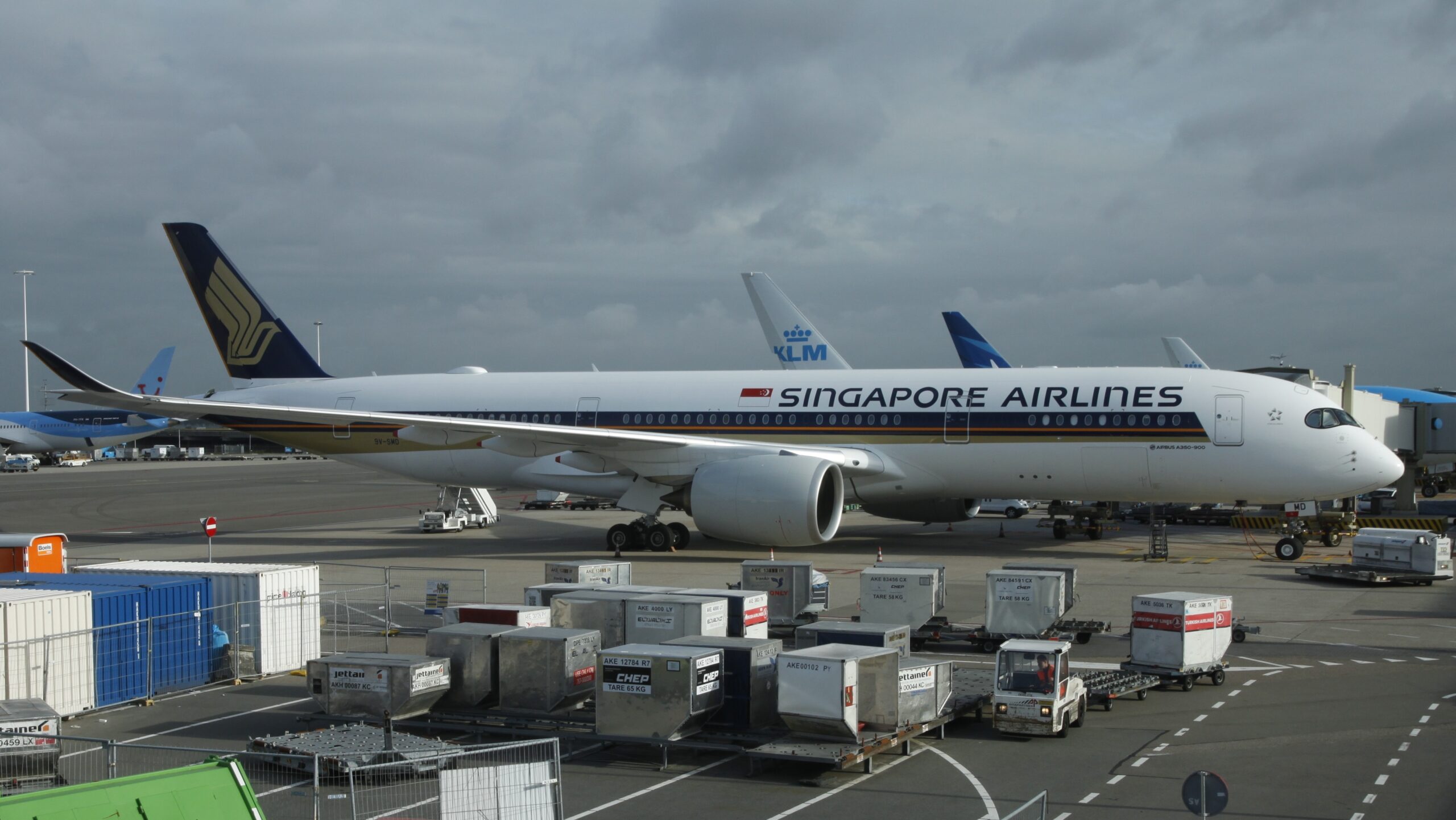
The cost of airline tickets will increase when Singapore requires sustainable fuel for aircraft departing after 2026. SAF, produced from renewable resources, aims to reduce aviation’s carbon footprint. This mandate aligns with global efforts to address climate change and promote sustainable practices in the aviation industry. While SAF contributes to environmental goals, its current higher cost compared to conventional jet fuel may lead to a rise in ticket prices as airlines adjust to these sustainability requirements.
The introduction of a requirement for sustainable aviation fuel (SAF) for flights departing from Singapore starting in 2026 aligns with global efforts to reduce carbon emissions in the aviation sector. While the transition to SAF is a positive step toward environmental sustainability, it is expected to contribute to increased operational costs for airlines.
The imposition of a levy on the purchase of SAF may result in higher air ticket prices for passengers, with the specific fee influenced by factors such as the distance traveled and the class of travel. This move reflects ongoing initiatives to address the environmental impact of aviation.
Singapore’s sustainable air hub blueprint, as announced by Transport Minister Chee Hong Tat at the Changi Aviation Summit, includes a target of achieving a 1% uptake of sustainable aviation fuel (SAF) in 2026. This target is considered manageable in terms of cost impact, and it serves as a demand signal to fuel producers to invest in new SAF production facilities.
The goal is to raise the SAF uptake to between 3 and 5% by 2030, contingent on global developments and the wider availability and adoption of sustainable aviation fuel in the coming years.
Singapore’s Civil Aviation Authority (CAAS) plans to introduce a levy to fund the implementation of the 1% sustainable aviation fuel (SAF) uplift target in 2026. The levy will vary based on factors such as the distance traveled and class of travel.
For example, it could increase ticket prices for an economy class passenger on a direct flight from Singapore to Bangkok, Tokyo, and London by around S$3 (US$2), S$6, and S$16 respectively. Passengers in premium classes will incur higher levies. More details on the levy will be announced in 2025 closer to the date of implementation.
Singapore’s sustainable air hub blueprint, led by the Civil Aviation Authority of Singapore (CAAS), encompasses initiatives in three key domains: airport, airline, and air traffic management. These efforts are aimed at achieving the country’s sustainability goals in the aviation sector.
Reducing domestic aviation emissions, achieving net-zero domestic and international aviation emissions by 2050, and adopting sustainable aviation fuel are key components of Singapore’s sustainable air hub blueprint. These efforts span airport operations, airline activities, and air traffic management to address the environmental impact of the aviation sector.




